These past few weeks we've been discussing writing in the subgenre of low fantasy on the blog and tools you can use for inspiration. But say you’re not a huge fan of fantasy and are more into fiction that sticks to the rules and physics of the real world. Well, you’re in luck! Earthbound science fiction was tailor-made for writers like you. You may not be sure exactly what “earthbound” science fiction means, though. Here is a guide to what earthbound science fiction is and some book and short story recommendations that fall into this subgenre.
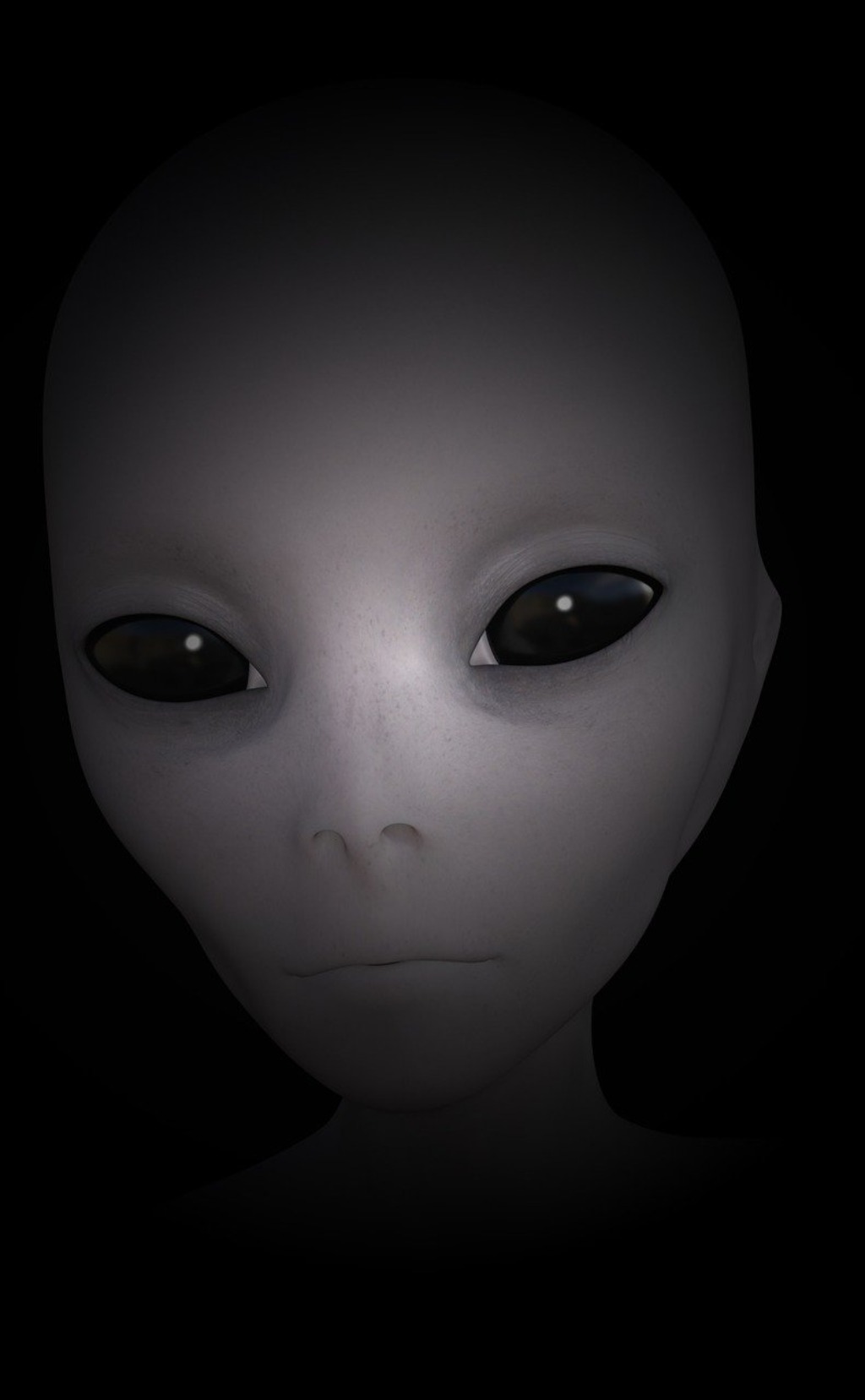
What Is Earthbound Science Fiction?
When you think of science fiction, astronauts flying through space—possibly being chased by aliens—may come to mind. The show Star Trek is a fantastic example of sci-fi at its best, as are The Expanse and the movie Alien. The wonderful Dune by Frank Herbert takes place in the distant future largely on the desert planet of Arrakis.
As great as they are, none of these stories would qualify as earthbound science fiction. According to Dictionary.com, “earthbound” means “limited to the earth or its surface”. So earthbound science fiction stories are ones that take place entirely on Earth. They can revolve around dystopian societies, alien invasions, AI turning against humans, and more.
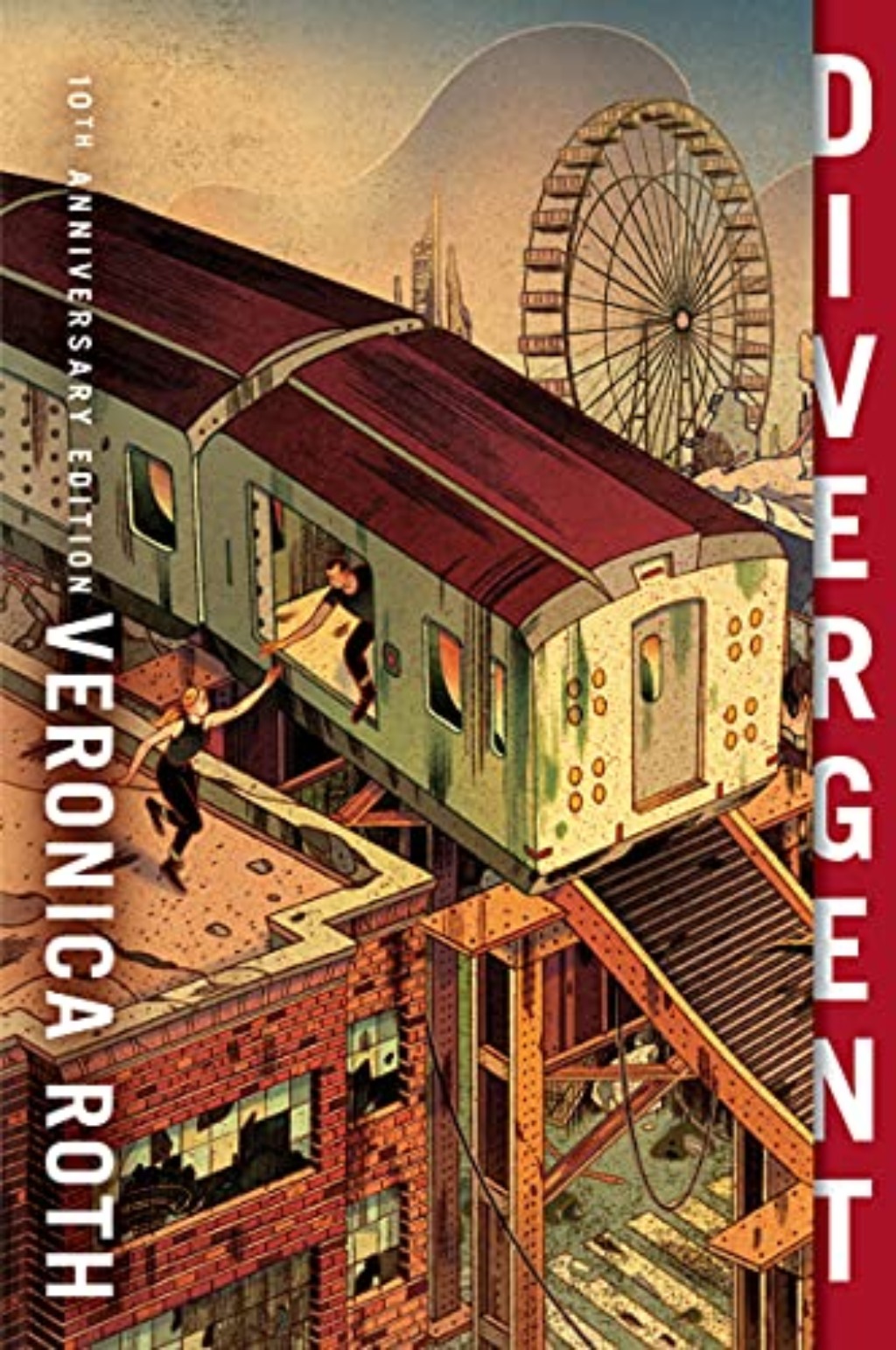
Earthbound science fiction is not required to but often takes place in the future. This helps to explain advanced technology or a postapocalyptic setting. We have seen a lot of great YA dystopian stories in recent history—including the mega-successful Hunger Games trilogy by Suzanne Collins and the Divergent books by Veronica Roth.
But you may not have the time to read a whole book in preparation for writing your earthbound sci-fi story. So I’ve put together a list of earthbound sci-fi titles with several short stories included. There are some books in there as well, but they are on the shorter side. Some of the stories are by past contest winners and are going to be in our Unmoored: Worlds of Pure Chaos anthology (more news on its release coming soon!).
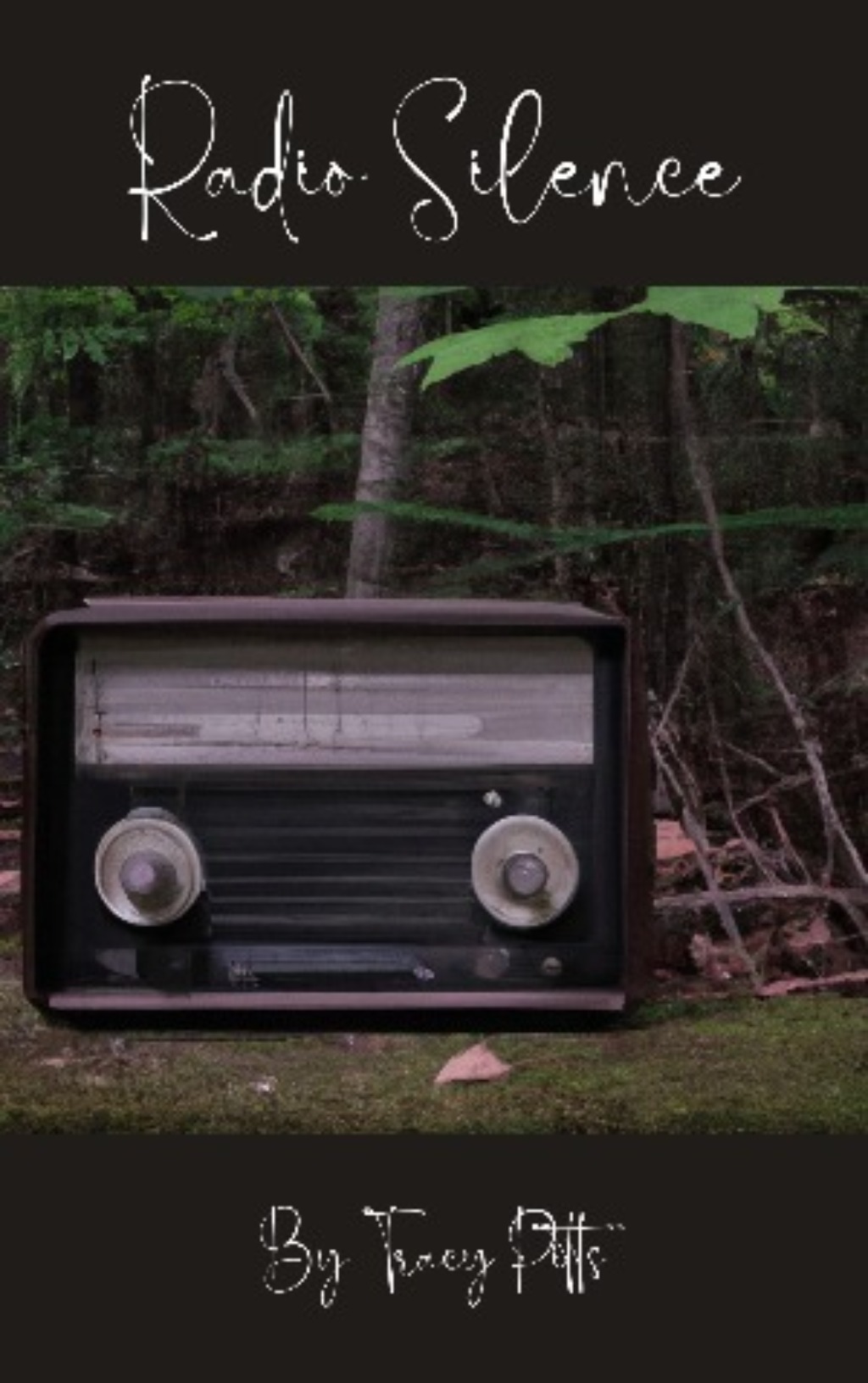
“Radio Silence” by Tracy Pitts
In the year 3045, after the Earth has been cleansed by the “Others”, Eleanor’s Gran often tells her stories about what the old world was like before the aliens arrived and destroyed everything. Eleanor is friends with Juniper, a boy with violet eyes who was left behind by the Others. When her Gran gives her a defunct radio, Eleanor takes it to Juniper, who thinks it might be just what he needs to get the robot he’s been building to work.
This short story won the Grand Prize in Fictionate’s July 2022 Worldbuilding Short Fiction Contest. Our judges were blown away by the lyrical quality of the writing and the bleak yet fascinating picture of the future it paints. The aliens in the story aren’t in your face—instead, they are an unsettling presence that hovers around the edges of the story. For more insight into Tracy’s writing process, you can read this interview with her.
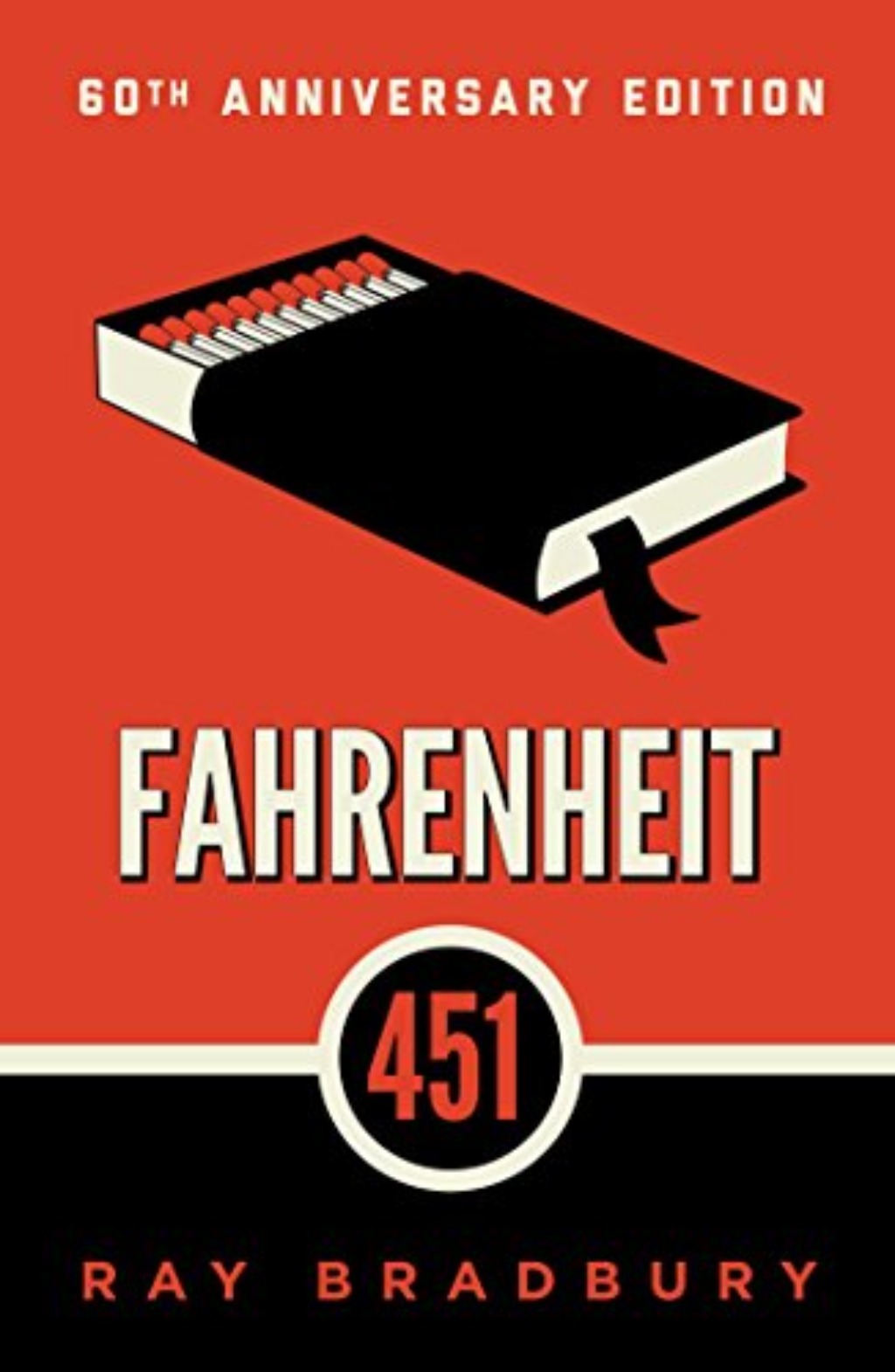
Fahrenheit 451 by Ray Bradbury
Fireman Guy Montag’s job is to set fire to books, and the houses in which they are hidden. Guy never questions this and returns each day to his wife Mildred who sits entranced by her television “family”. It is only when he meets his eccentric new neighbor Clarisse that he does begin to question everything he’s ever thought he knew and whether there might be more to life.
Like “Radio Silence”, this sci-fi classic gives us a dark version of what the future might hold. But the problem isn’t aliens this time—it’s human beings themselves who have created a world where seeking the joy and imagination provided by books is illegal. Fahrenheit 451 is included in this list of science fiction novels with out-of-this-world worldbuilding.
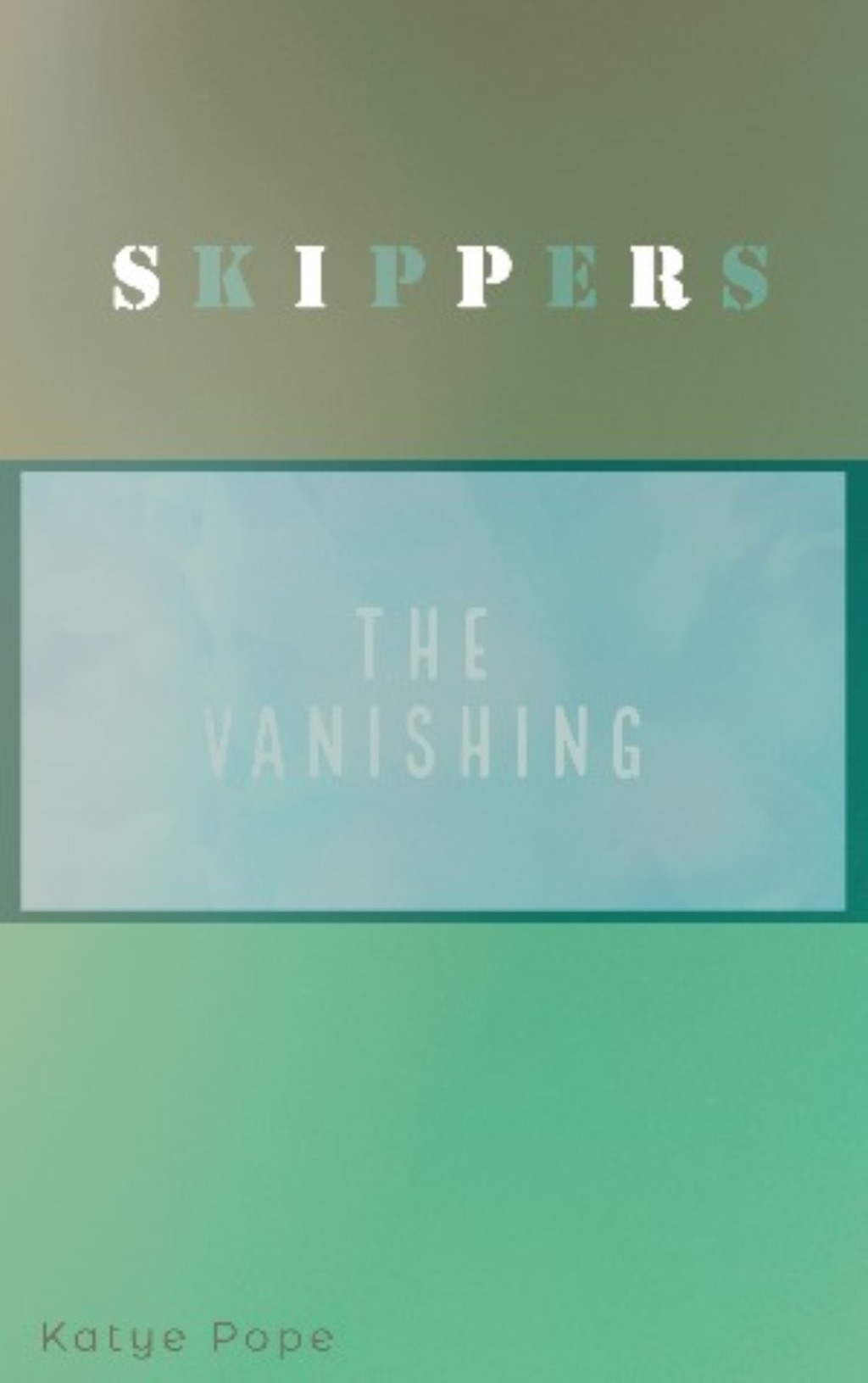
Skippers; The Vanishing by Katye Pope
Children are disappearing. Worldwide, the numbers have grown to a thousand a month with no witnesses, evidence, or bodies. Governments are struggling to explain this phenomenon while parents begin to blame each other. After a too-realistic dream, one woman is sure her daughter is alive and becomes determined to find her. Astrophysicist Dr. Rebecca West believes she knows the answer and desperately seeks help from those she thinks she can trust, only to be hunted by an unknown danger.
This sci-fi novel features a compelling romance and exciting suspense. The premise is intriguing and disturbing—what would happen if children just started vanishing without a trace? The story also includes great writing and compelling characters. You can read all six available chapters of this book for free here on Fictionate.
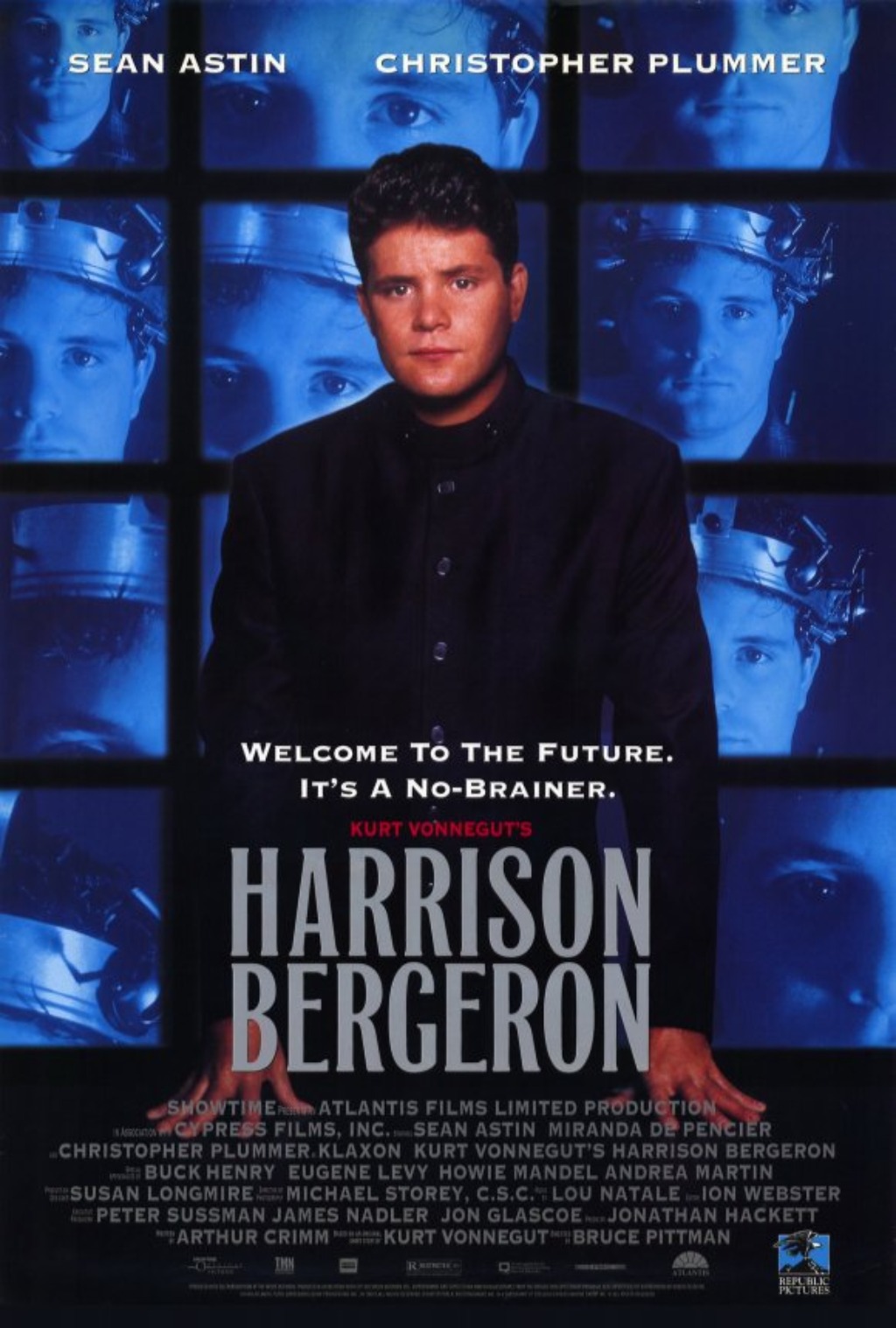
“Harrison Bergeron” by Kurt Vonnegut
It’s the year 2081, and everyone is finally equal. This is achieved by handicapping people with above-average abilities. Strong people must carry heavy weights around all the time, beautiful people are forced to wear ugly masks (the lovelier their looks, the uglier the mask), and highly intelligent people wear headsets that frequently interrupt their thinking with loud noises. Harrison Bergeron, a strong, handsome young man, interrupts a televised debate and proclaims that he will become the emperor of a new, better world while his parents watch at home.
Out of all the potential futures presented on this list, this one may be the bleakest. Instead of trying to help its people excel and be the best they can be, this government forces everyone down to the lowest common denominator and calls that equality. If you're writing flash fiction, this short story can provide a lot of inspiration for how to fit some very big ideas into a small package.
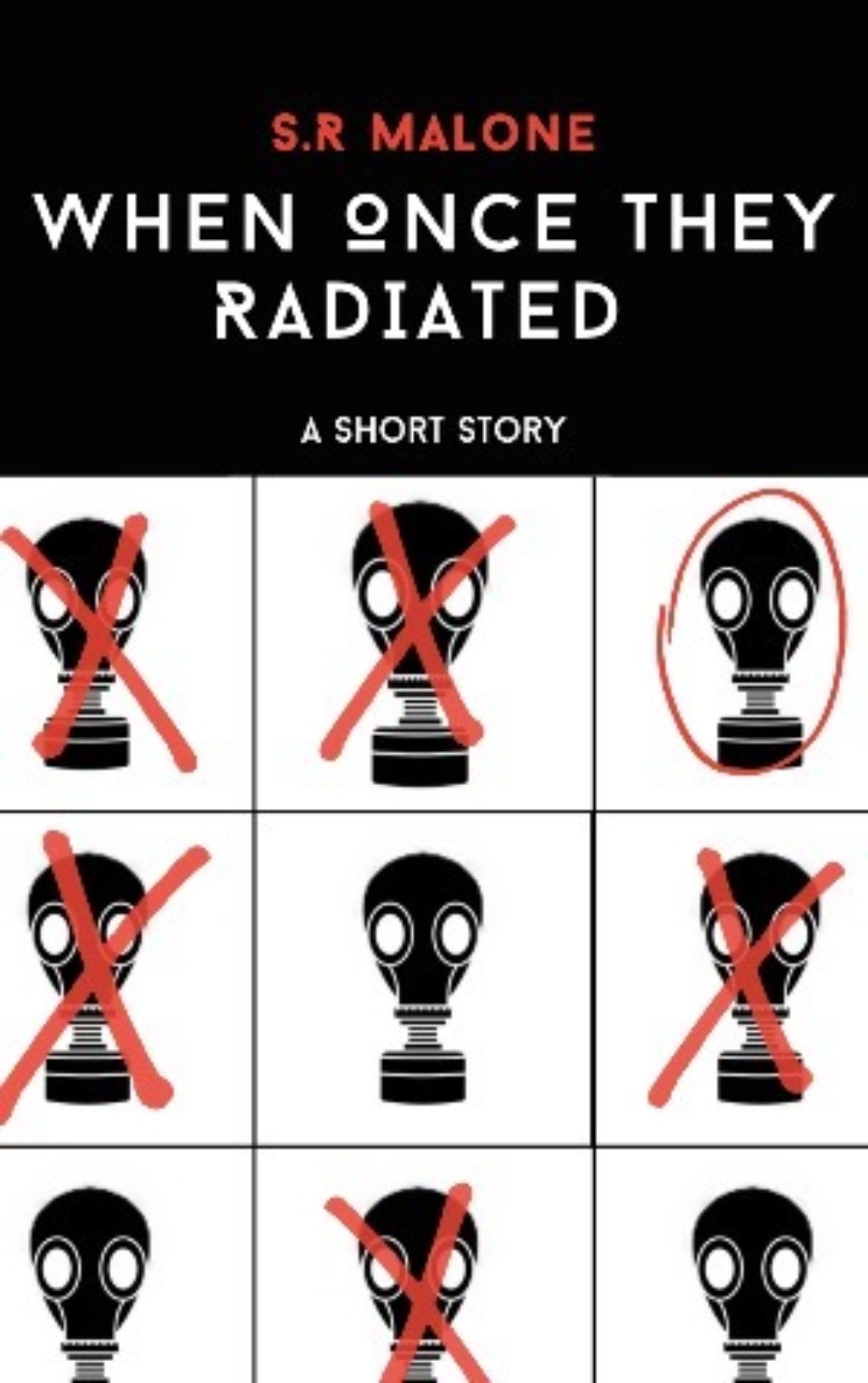
“When Once They Radiated” by S.R. Malone
Enoch, Zenya, and Lyman are assigned to investigate a distress call they receive over their clan’s radio. This journey takes them beyond the safety of their clan’s boundaries. They wander through the ruins and sights of an evil from the ancient world. They risk everything for the slim chance of rescuing their lost comrade.
Stephen Malone was chosen as one of the contributing authors for Fictionate’s Unmoored: Worlds of Pure Chaos anthology, and it’s not hard to see why. This story depicts an eerie dystopian world with a haunting mix of ancient and modern. Throughout the story, the reader can feel an undercurrent of horror and will wonder what might be lurking out there in the darkness. This is a great example of not overexplaining your world so that you can preserve some mystery.
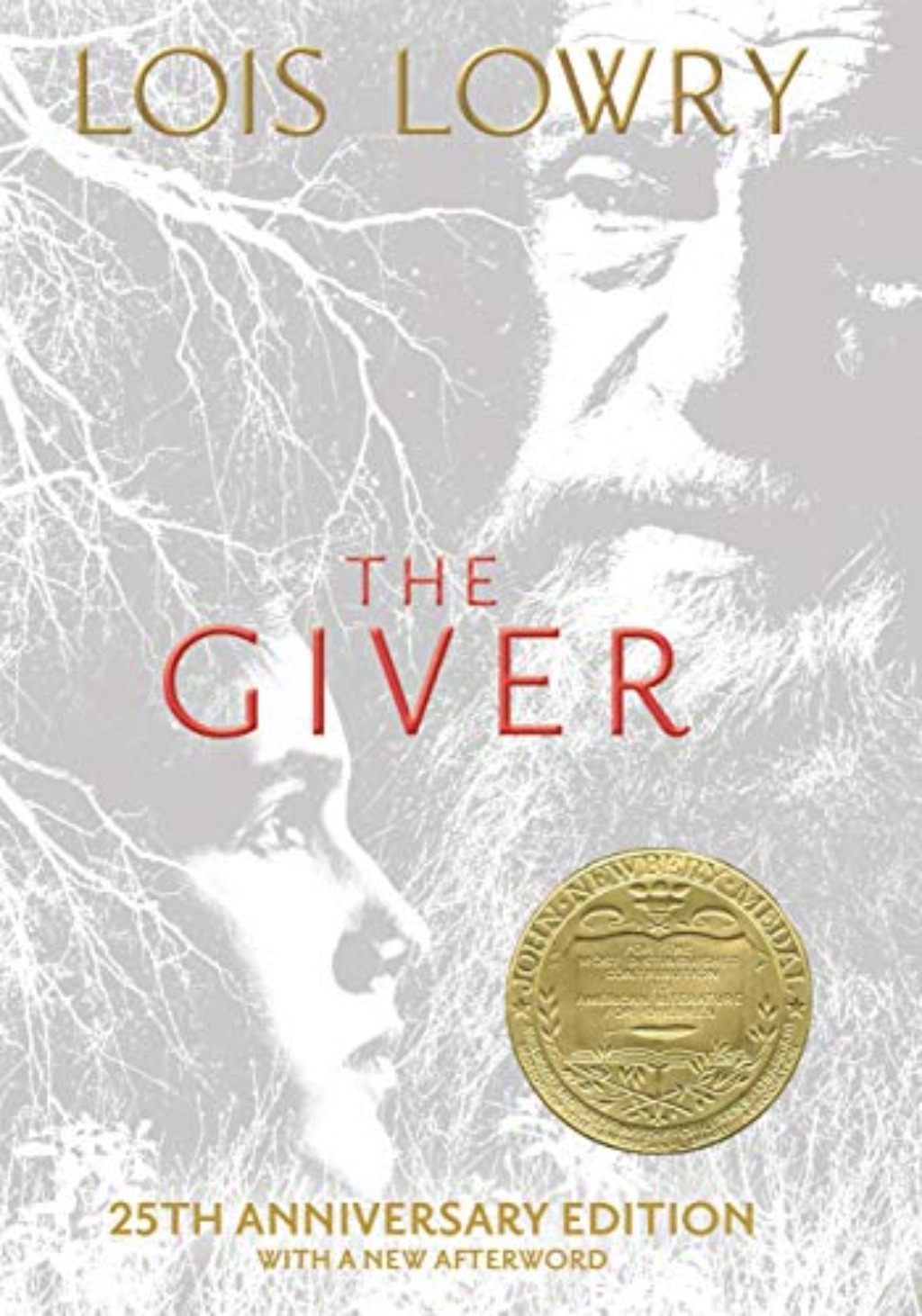
The Giver by Lois Lowry
Life in twelve-year-old Jonas’s community is perfect. Birthmothers produce new children, who are then assigned to family units. Citizens are assigned their jobs and their partners. Everyone is the same—everyone except Jonas. But it isn’t until he is given his life assignment as the Receiver of Memory that he begins to understand the dark truths that lie beneath his seemingly idyllic community. Ultimately, he must decide if he has the strength to save himself and someone he loves.
We have a whole post dedicated to the greatness of Lois Lowry on this blog and I also included The Giver in my list of wonderful coming-of-age novels. I grew up with this book and it helped to spark my interest in the dystopian genre. It features fantastic worldbuilding—I always particularly enjoyed how the world is black-and-white and color begins to seep in as Jonas learns more about the old world.
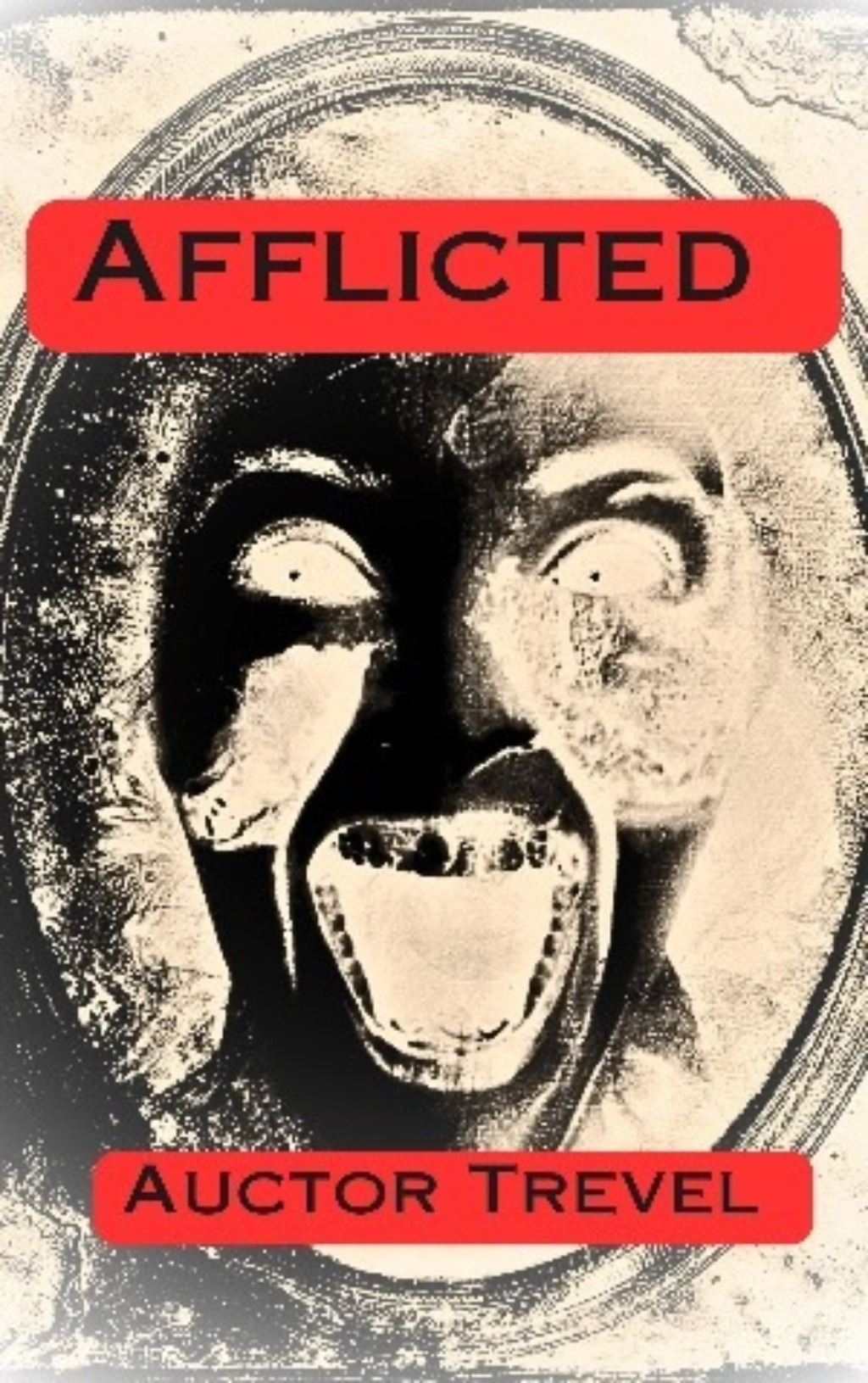
“Afflicted: A Short Science-Fiction/Horror Story” by Auctor Trevel
Zane is suffering from an incurable disease—one that causes him and others to be treated like second-class citizens by the non-Afflicted. But Zane is growing more powerful all the time, which prompts the authorities to hunt him down. To survive, he must let out all his demons—both metaphorically and literally.
Auctor Trevel was also chosen as a contributor to Fictionate’s Unmoored: Worlds of Pure Chaos anthology. His story has racked up quite a few likes on Fictionate and it is well-deserving of the praise. It has a fascinating concept and the idea of an incurable disease spreading through society certainly resonates in these times. Zane is a well-developed protagonist and the story will leave you wanting more.
Now that you have a better idea of what both low fantasy and earthbound science fiction are, you’ll be able to write in exciting subgenres that allow you to imagine what magic or sci-fi elements would look like in our world. Stop by next week when we’ll be covering earthbound science fiction TV shows you can study.
Soak Yourself in Fiction
Follow us on Facebook | Instagram | Twitter | Discord